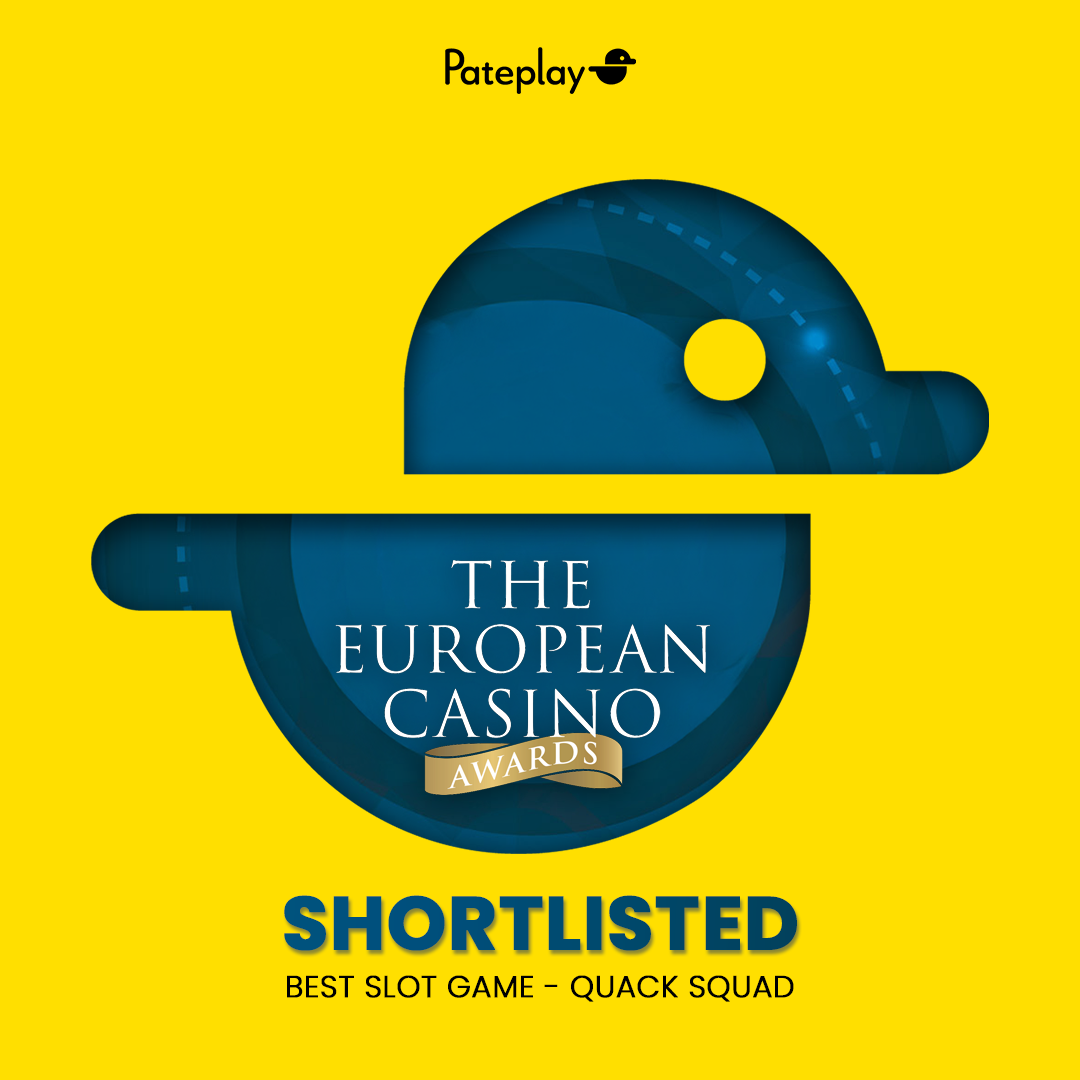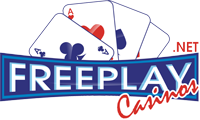Our HR Manager Rada Ivanova shares valuable lessons her professional journey has imparted

June 24, 2024
Pateplay is proud to note that our HR Manager, Rada Ivanova, recently participated in an in-depth dialogue with WorkTalent.
Who is she?
Hello, I am Rada Ivanova and I am an HR manager with eight years of experience in the field. I work in a holding company consisting of several companies operating in the gaming industry. I am currently leading a team for the first time in a position, although mentoring more junior colleagues has always been part of my career path. Studying the intricacies of the human mind, whatever it is that motivates, prompts us to make concrete decisions and does not make us unlock our full potential, has always been the most interesting part of my profession, and accordingly the one in which I have shown myself to be the most successful.
At what age did you start working and get your first salary?
I started working at the age of 18 and have been dedicated to my professional growth ever since. This first salary I received was not only a financial incentive, but a testimony to my independence and a first step in my career adventure. Four years later, I was given the opportunity to enter a completely new field for me, that of human resources, which to this day I consider the most valuable gift I have ever received.
Should we have a career development strategy to follow?
Absolutely. A career development strategy is crucial in anyone's career path. It serves like a map - guiding us through our professional journey, helping us set short-term and long-term goals and ensuring we stay focused on them. However, it is important to remain flexible and open to new opportunities that may not fit perfectly with our initial plan, but later prove to be more suitable for our growth and skills.
How does our first workplace shape our career habits?
Our first workplace plays a fundamental role in shaping our future work culture. This is where we learn the basics of professional communication, work ethics and teamwork. My first job taught me the importance of accuracy, taking responsibility, and above all, the value of being curious about new things, turning into continuous learning even from the smallest things that surround us. It was certainly there and then that I laid my solid foundations in my career going forward.
Which events and specific people leave their biggest mark on our career development?
There is no way to give a one-size-fits-all answer here, but I can share my biggest impression. This was undoubtedly my first mentor who invested a significant amount of his time and knowledge in helping my growth. Having someone who unconditionally imparts their accumulated know-how, showing incredible patience and giving you the freedom to make independent decisions, make mistakes, learn from them, was the biggest positive impact in my career development. This is undoubtedly the approach I try to have with my team.
We all learn from our mistakes, but what is the most correct reaction after making one?
The most correct reaction to a mistake is to accept it as a key moment for growth, because it is not the mistake that defines us, but how we react to it. The only way to improve is to try new things, and this will inevitably lead to mistakes. The key is to draw the right conclusions and learn the relevant lessons after each one. Personally, in my professional path so far, I can boldly state that it is precisely the mistakes I have made that helped me become more resilient and adaptable in my work.
What essential qualities do people who experience rapid career development demonstrate?
From my experience, I can categorically point to two qualities that are fundamental to rapid growth - curiosity and a proactive attitude. If someone is curious about learning new things that don't always fall directly within their scope of work and shows initiative in offering new, non-standard ideas and solutions, this will immensely lead to the accumulation of other qualities and experiences that will launch them up in his career.
What is the role of the family in our career development? Should we follow our parents' advice?
Family can provide very valuable emotional support, guidance and motivation. While advice can be helpful, it's important to consider it in the context of our own goals and aspirations. At the end of the day, we make decisions about our own path and career, which should be in line with our personal values and ambitions.
And what is the role of our friends in our stages of career development?
One of the most valuable things we can get from our circle of friends is honest feedback about specific situations and our reactions to them. They can provide different perspectives and help us stay grounded and motivated through the ups and downs of our career path. Friendships outside our current workplace are often also the reason for discovering new and key social contacts that we would not have discovered without their help. I personally have the great fortune that a large part of my circle of friends is with people from my field of work, and the experience, ideas and contacts that we exchange with each other are truly invaluable.
Is there a recipe for finding balance and setting clear boundaries between personal and professional life?
Finding balance requires effort and self-awareness. Setting clear boundaries, prioritizing self-care, and being able to say “no” when necessary is key. Of course, I say this in the context of self-preservation from overwork and "bringing" work home. As for spending time with colleagues outside of work, I've always been a supporter of it - in my opinion, it's the most direct way to form a truly cohesive team and build self-support that is easily seen in the work environment.
Is horizontal or vertical career development preferable at the age of 20-35?
Both horizontal and vertical career development have their advantages. In the early stages of any career, horizontal moves can provide a wide range of skills and experience that, over time, will become increasingly valuable and sought after by each subsequent employer. On the other hand, when one is aware of the correct career path, in which he wants to develop, vertical growth is the most natural path for anyone accumulating highly specialized experience and skills.
What is the most valuable career advice you have received that you would give?
The best career advice I've ever received is to always stay curious and never stop learning - to be open-minded about every opportunity to expand my knowledge and skills and not be afraid to step out of my comfort zone. Growth happens when you challenge yourself.













.png)

















